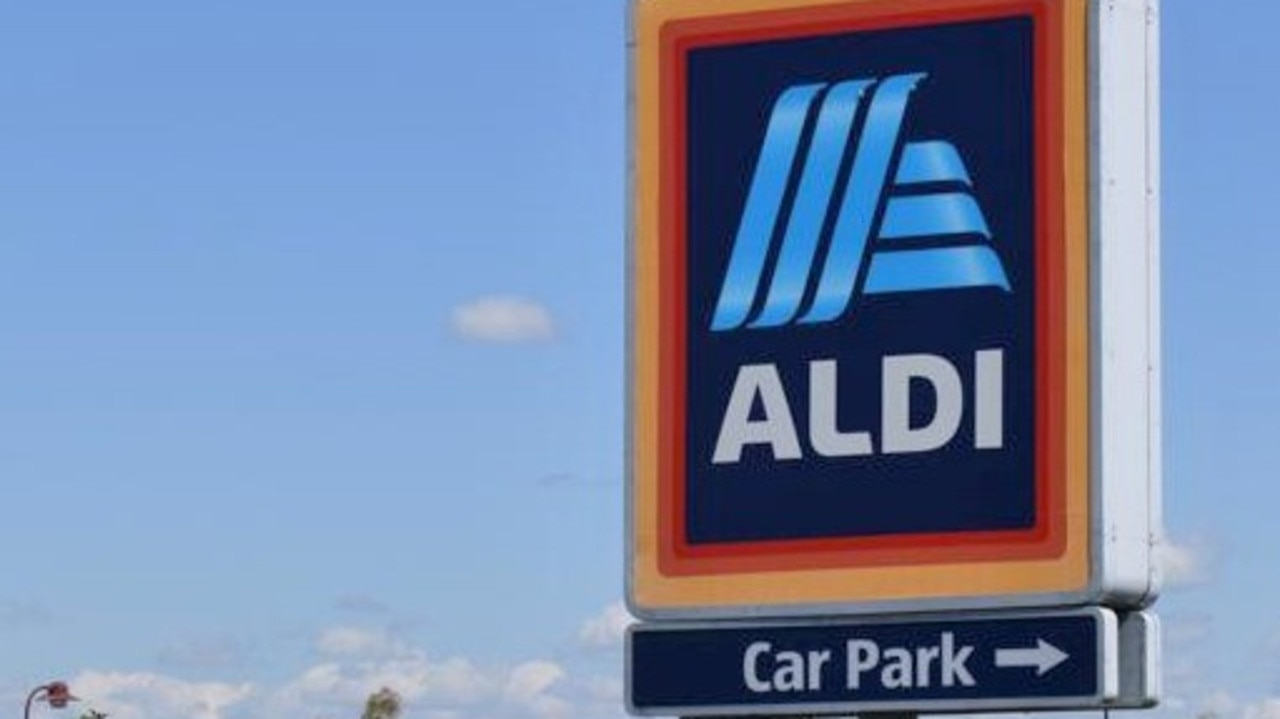‘Taxis will be gone in two years’
THE disaster of the #YourTaxis social media campaign is only the beginning. One expert is predicting most taxis will be gone in two years.
THE disaster of the #YourTaxis social media campaign is only the beginning, with a renowned global expert predicting taxis will be gone from most major cities within two years.
Rachel Botsman, the author of What’s Mine is Yours who coined the term ‘collaborative consumption’ in 2010 to predict the rise of multibillion-dollar industry killers like Uber and Airbnb, argues the failure of the #YourTaxis campaign highlights how out of touch many traditional businesses are.
“It’s not just the taxi industry,” she told news.com.au. “It’s a really common response from incumbents. They think that the perceived loyalty customers have gives them immunity.
“We saw the same thing with the music industry, where record companies thought the public would come out and say, ‘Napster is illegal, this isn’t good for the artists.’ But they’d already learned a new behaviour.”
Trying to tap into an imagined reservoir of goodwill from the public was a mistake, but equally is running negative scare campaigns on the dangers of ride sharing. So what should the taxi industry do? “Just innovate,” she said.
“Try to introduce a better pooling system than Uber has, better payments systems. You talk to cabbies in London, and they feel like because they’re spending so much time fighting, they’re on the back foot in terms of improving the experience.”
Ms Botsman, who writes regularly for Wired, the Harvard Business Review, The Wall Street Journal and the Financial Times, designed the world’s first MBA course on the collaborative economy which she taught at Oxford University’s Saïd School of Business.
Her concept of ‘collaborative consumption’ was hailed by Time Magazine as one of the ‘10 Ideas that Will Change the World’. She pointed to the speed with which Uber has taken hold across the globe.
“In many cities around the world I don’t think we’ll have traditional taxis within two years,” she said. “Look at the time frame [within which] Uber is taking their margins. The people I think will be hit the hardest are the private license cabs like Silver Service — and quite rightly so.”
She argues in some cities such as New York and London where taxis have public goodwill and are a part of the cultural fabric, regulators would protect those industries. “From a brand perspective they’re part of Brand UK, Brand NY, and in those cases drivers have three years of learning the knowledge, so they have a point of difference.”
Elsewhere, however, the taxi businesses will either go bust or be absorbed into the ever-expanding Uber. “In certain parts of the world, 100 per cent yes they will be subsumed into Uber and the industry will die, and for good reason,” she said.
Ms Botsman says after travel and accommodation, the next big industry ripe for disruption is financial services “without a doubt”. “It’s full of the characteristics [that have killed other industries]. It doesn’t benefit the end client, layers of middlemen, complicated processes, fees, lack of transparency, broken trust, complex systems.”
The traditional banks are already being hit with death by a thousand cuts in areas including payments, lending and investing. “Slowly they’re losing control of pieces of the value distribution chain,” she said.
“They used to have complete control over where the money came from and went.”




